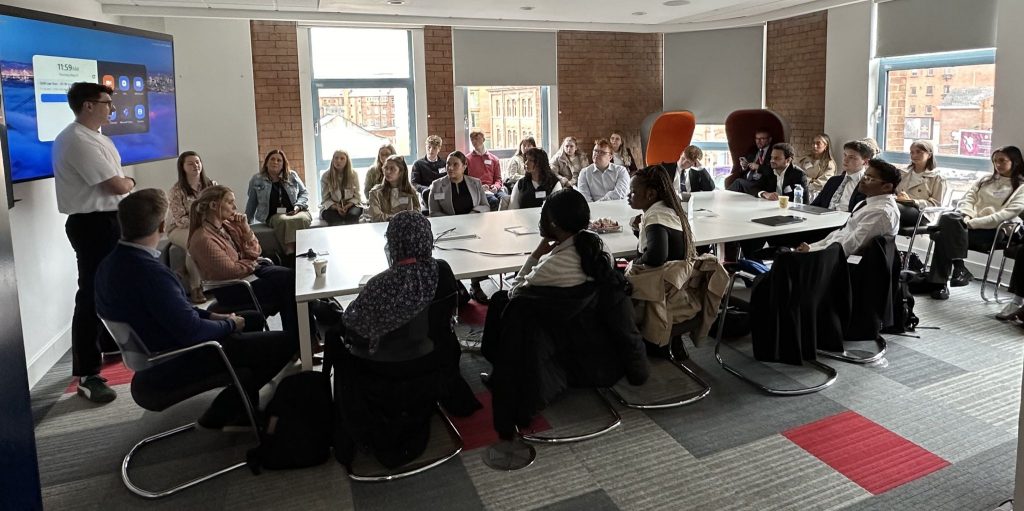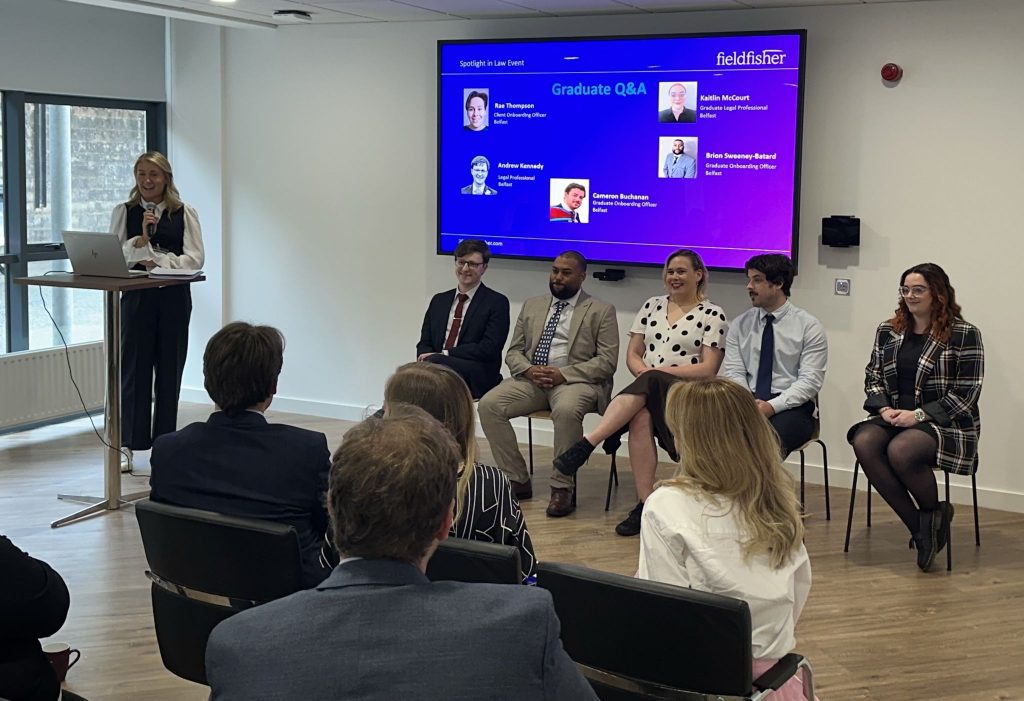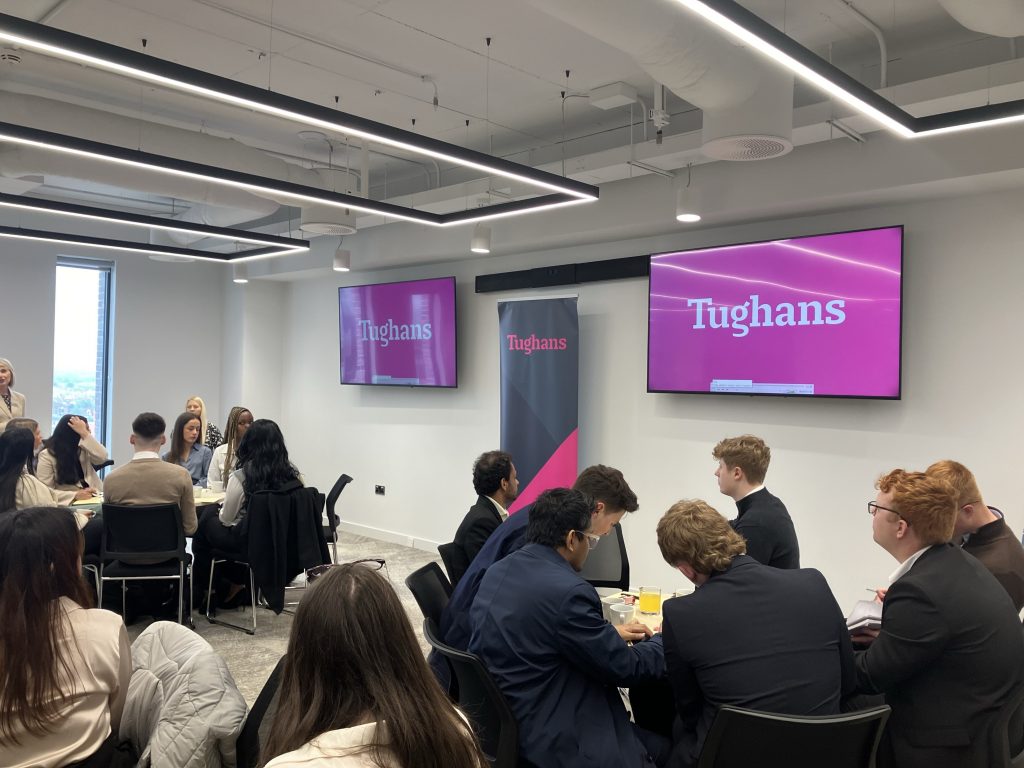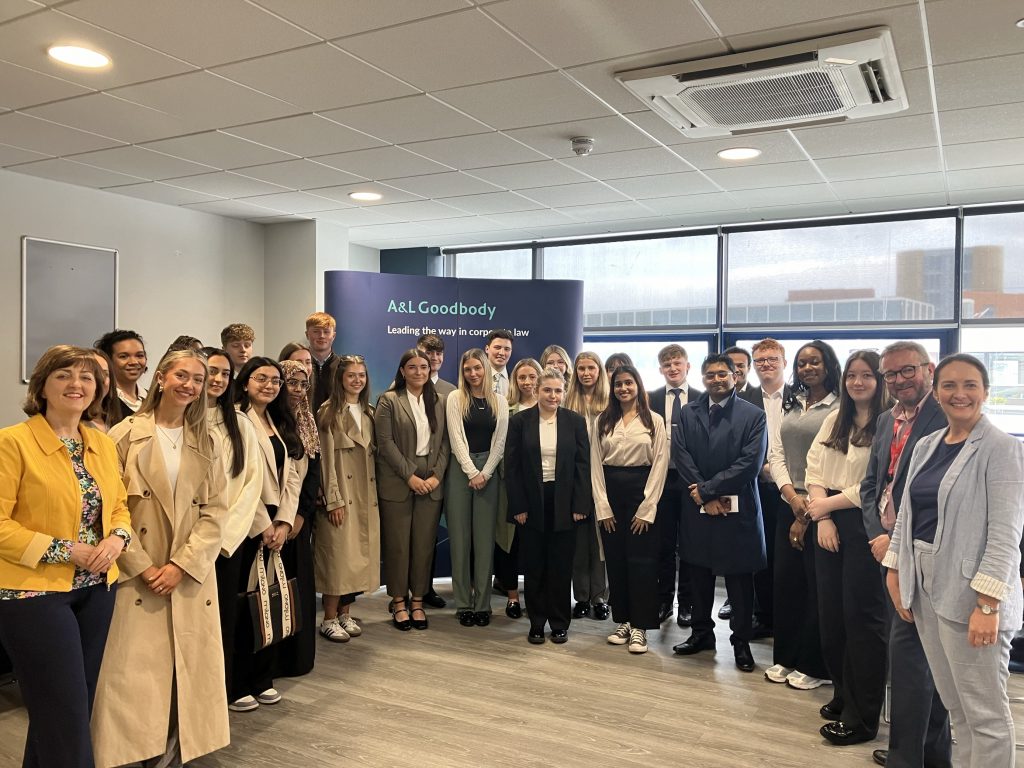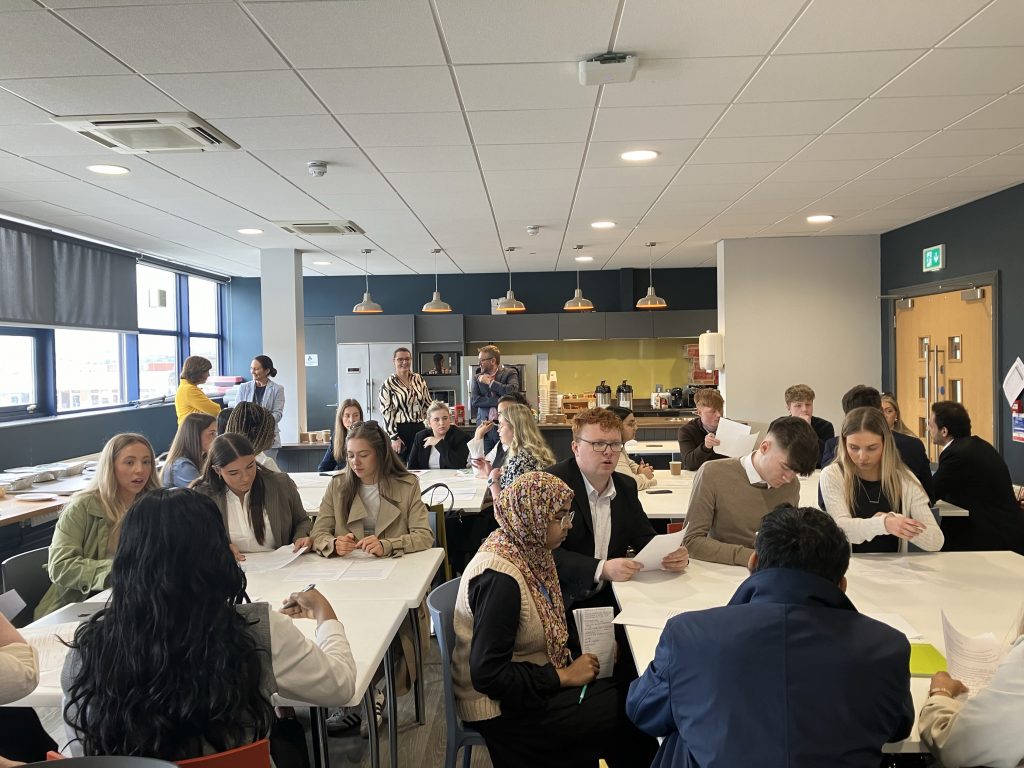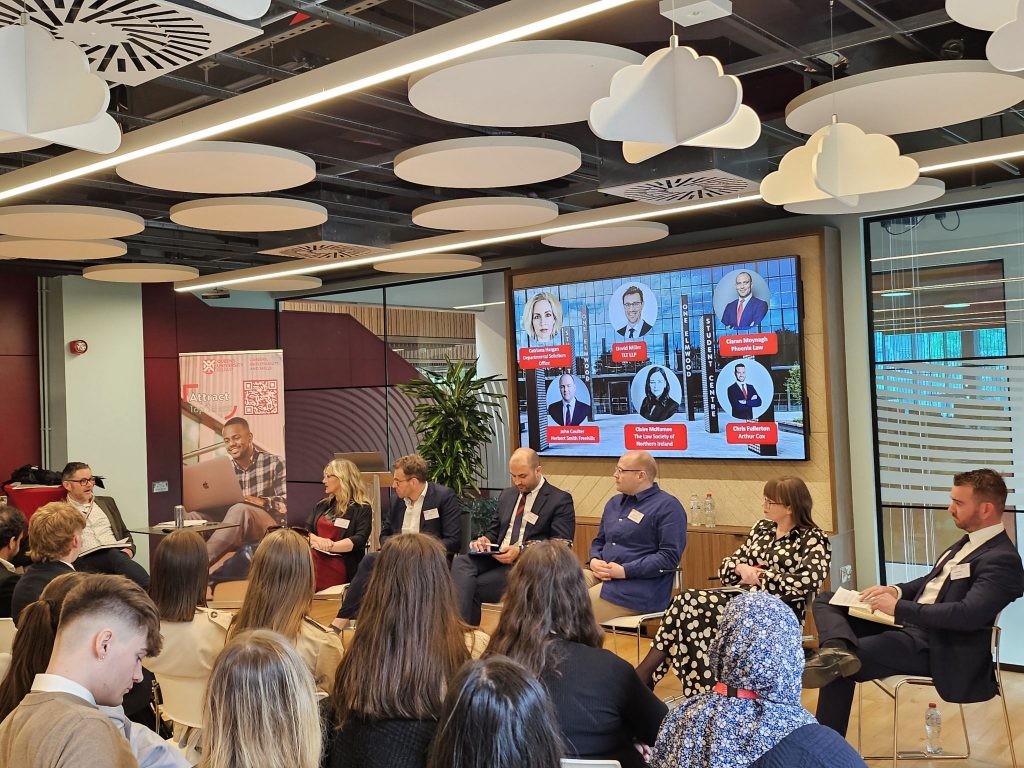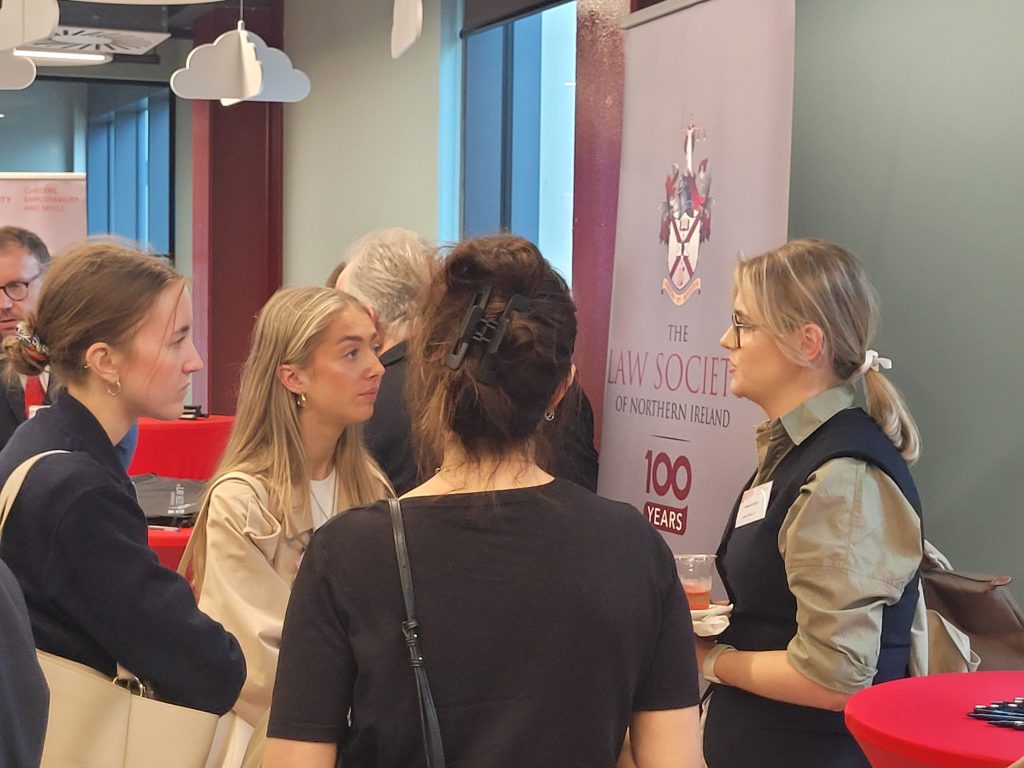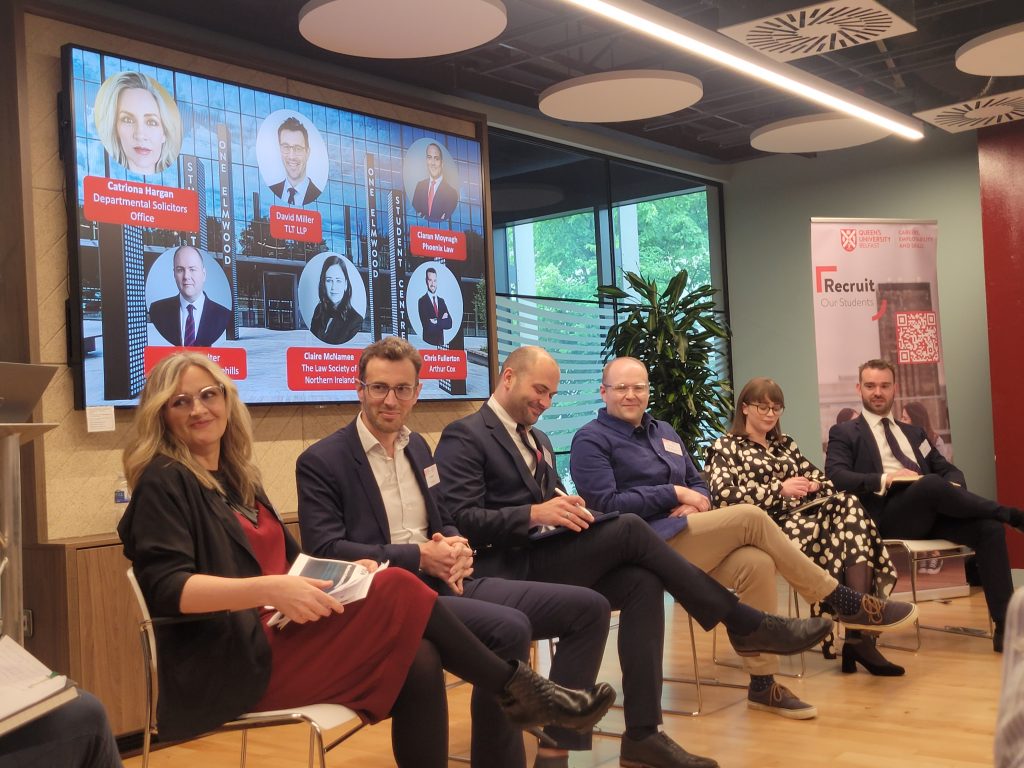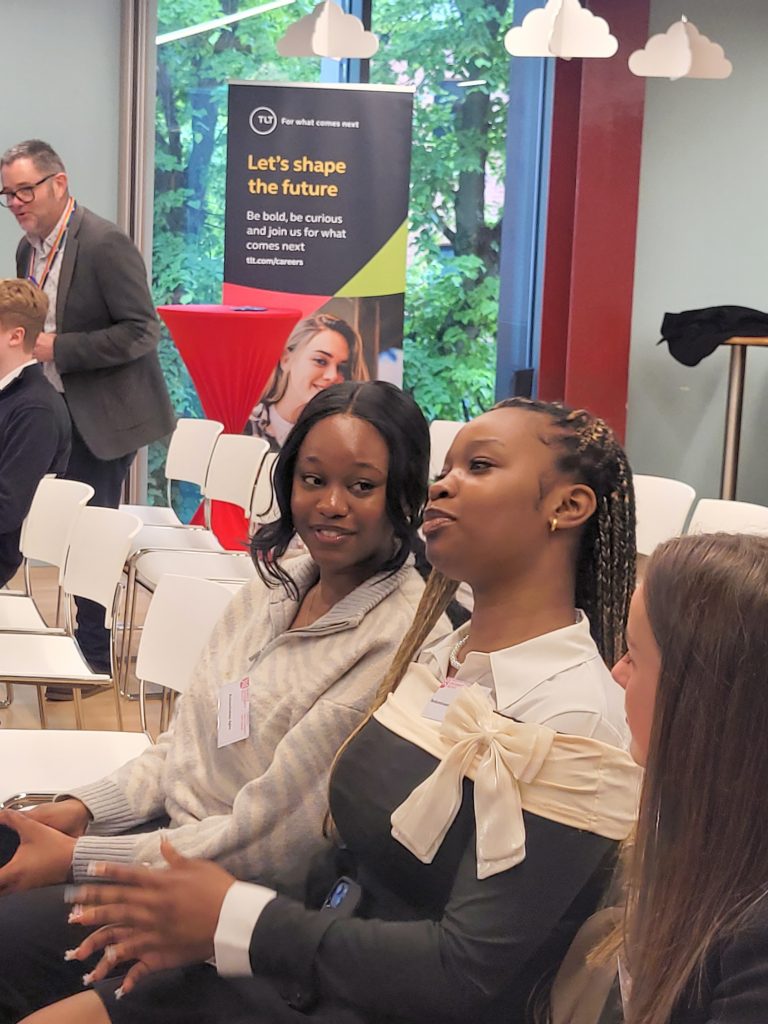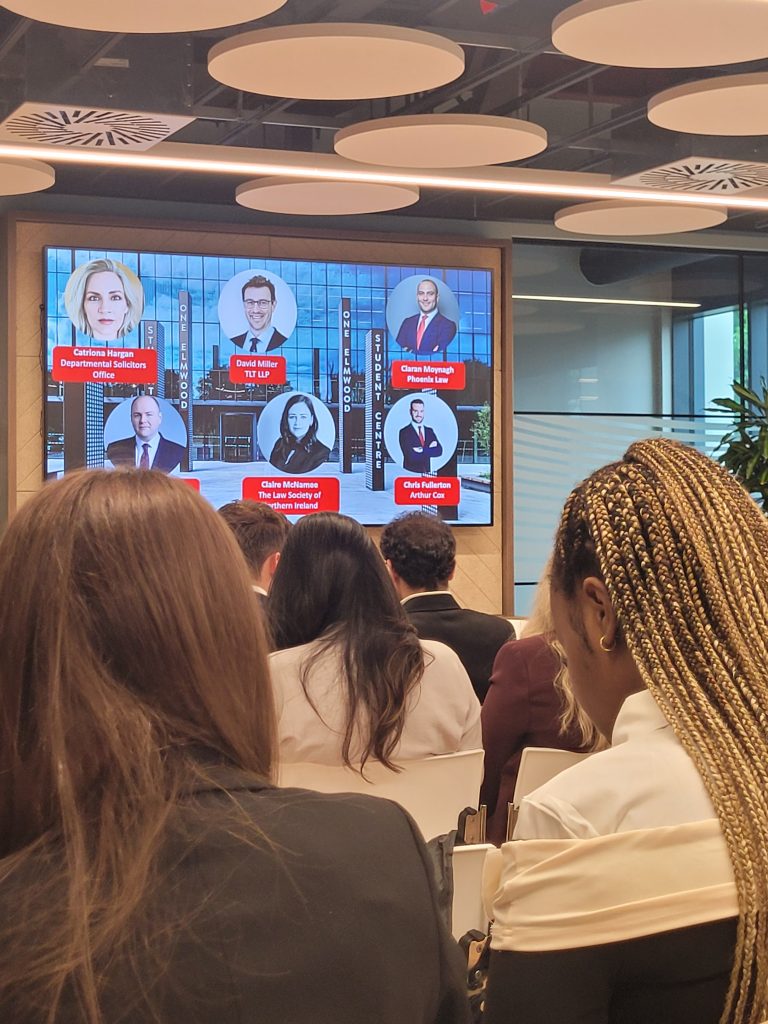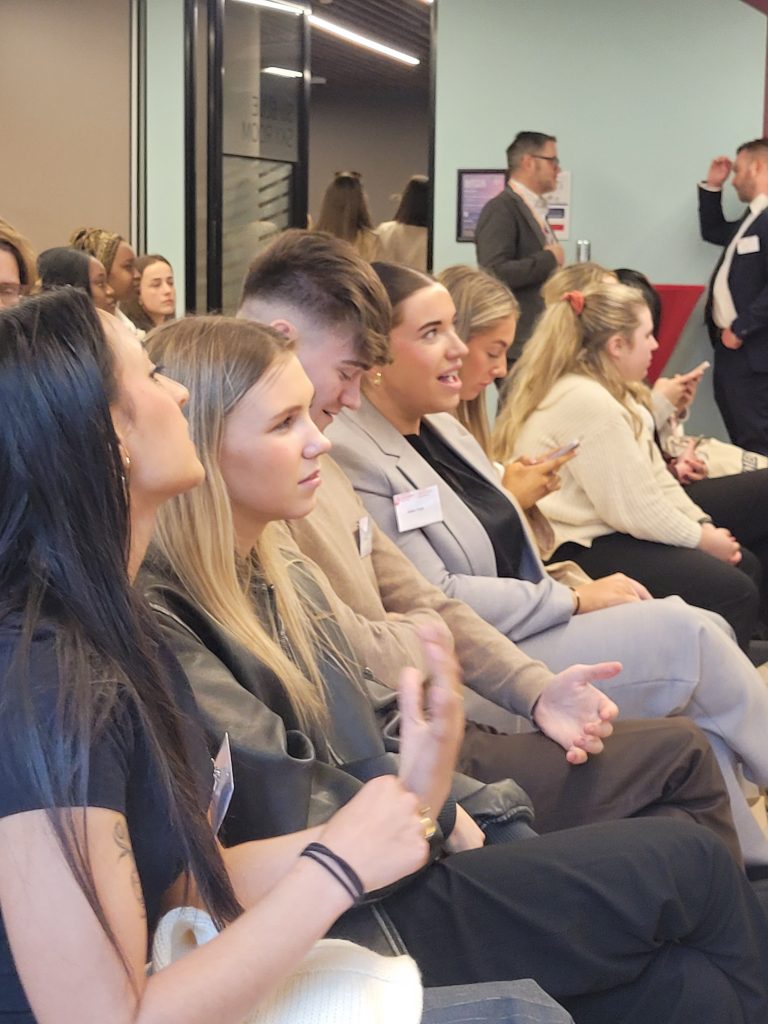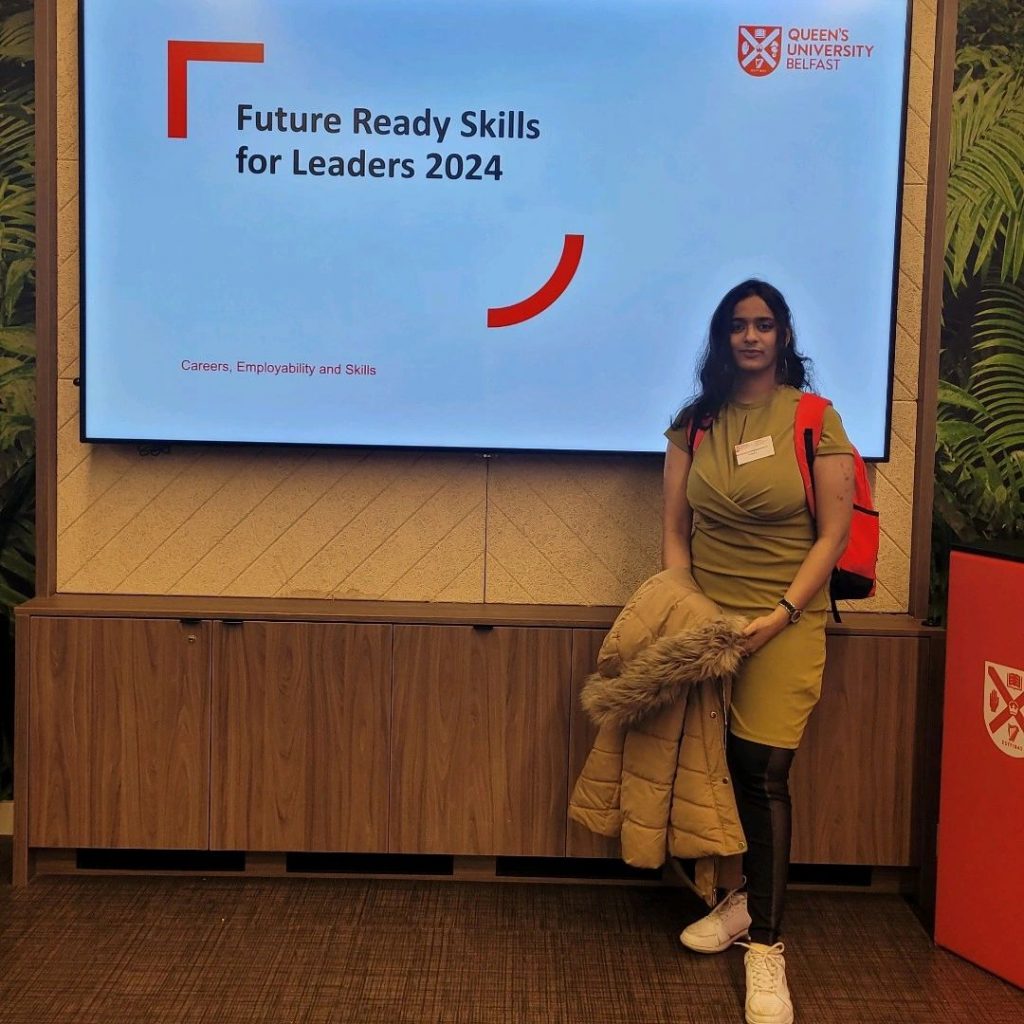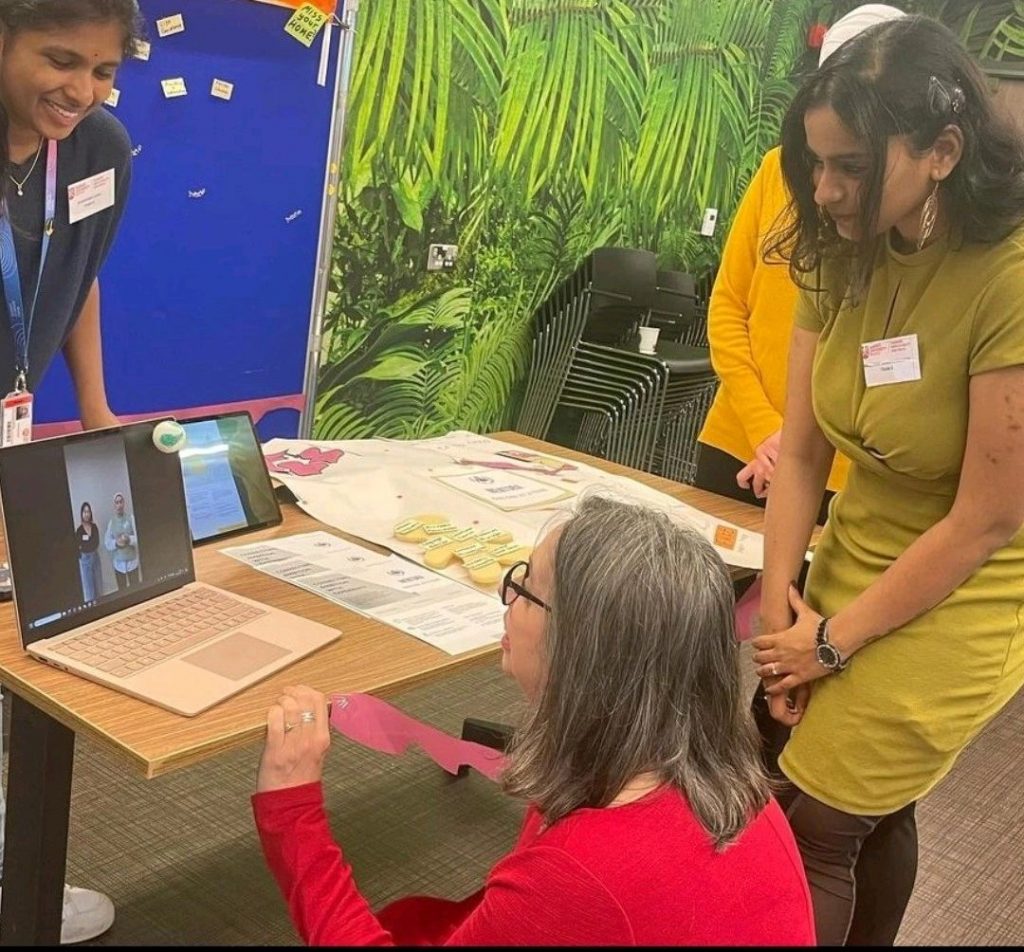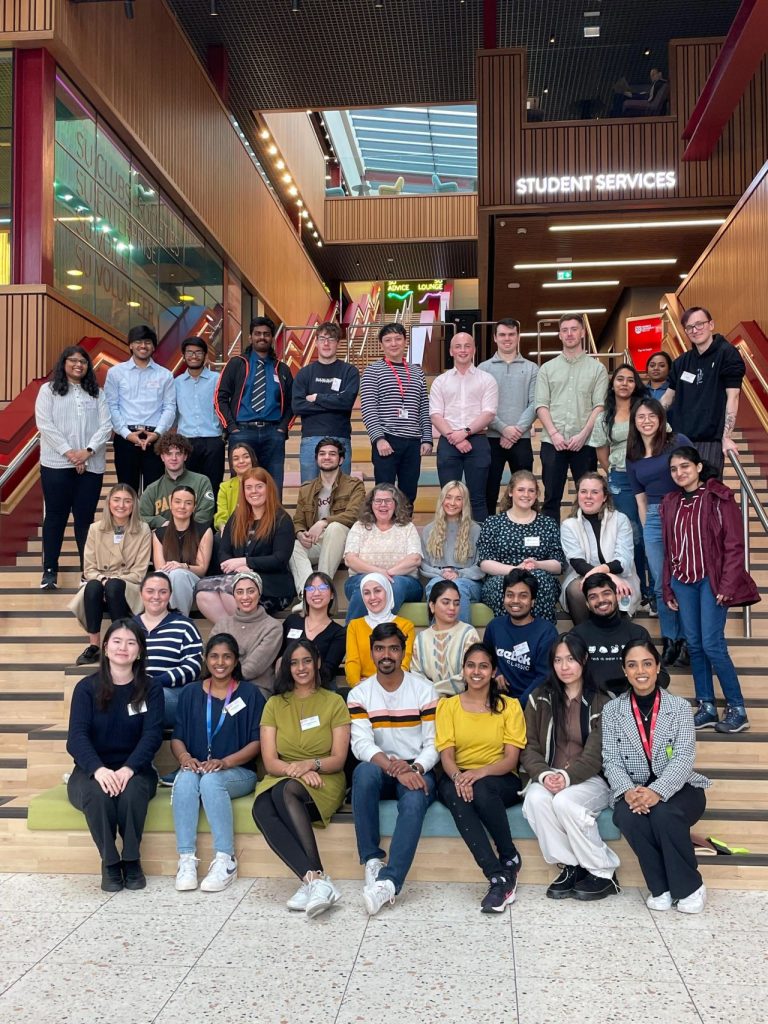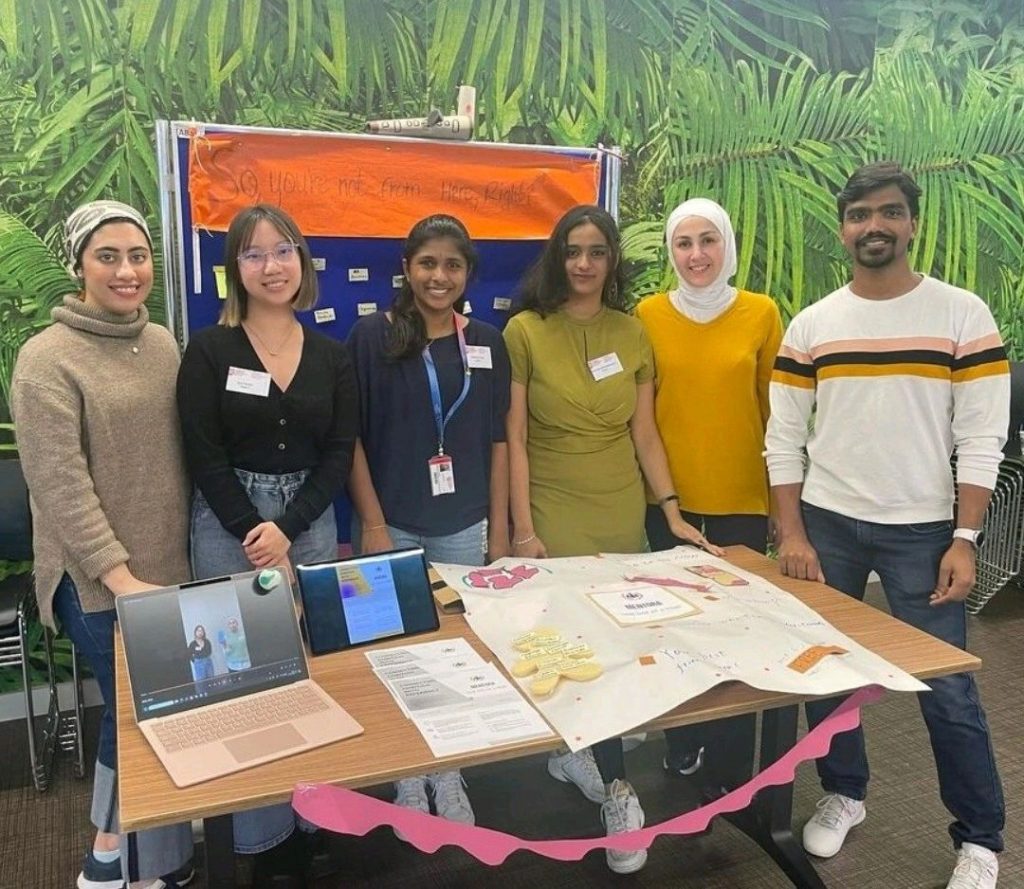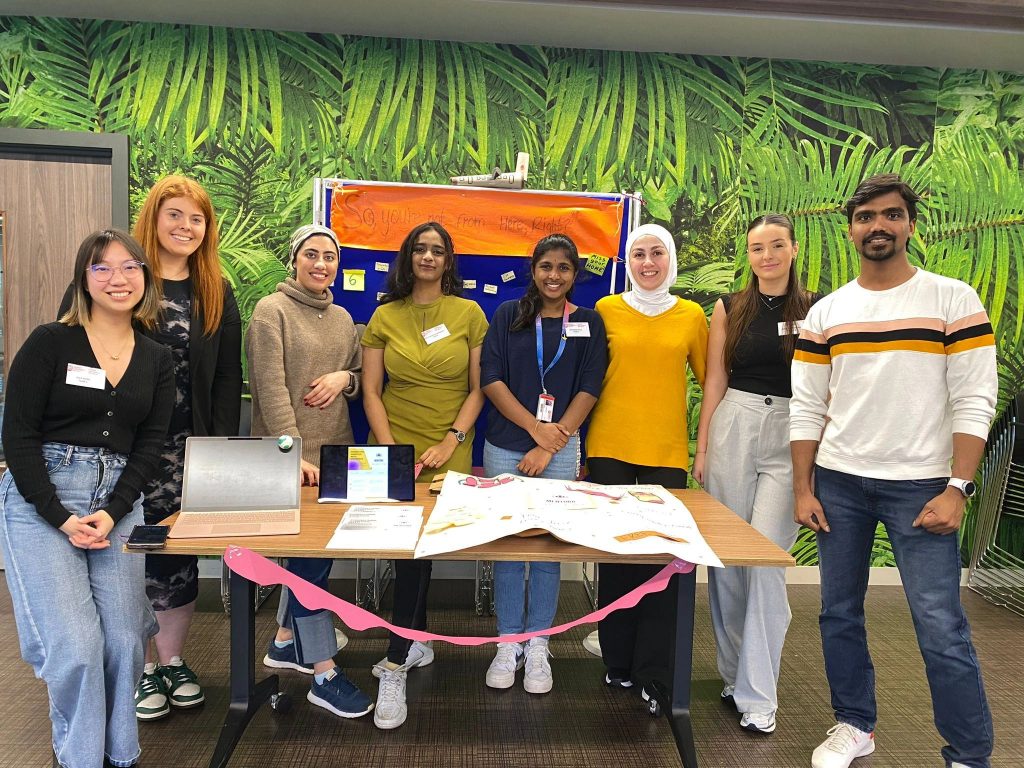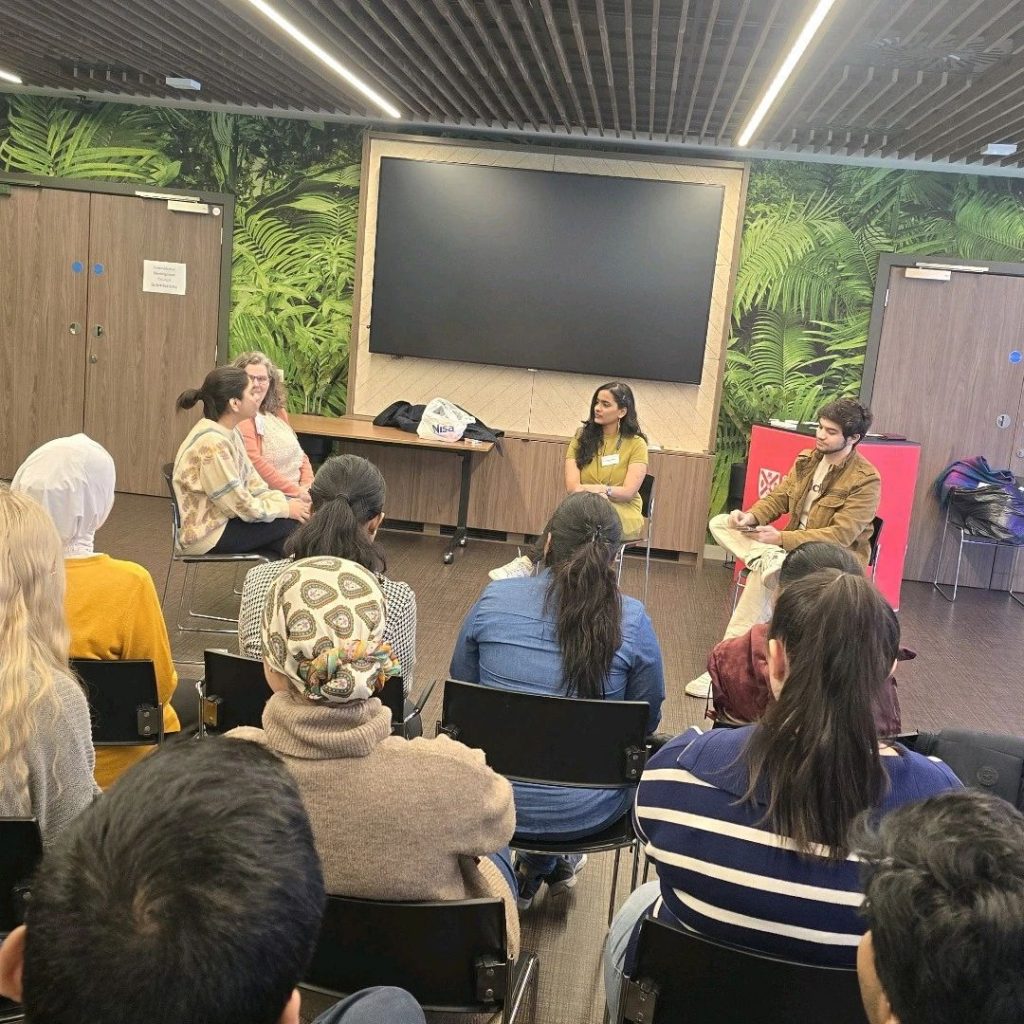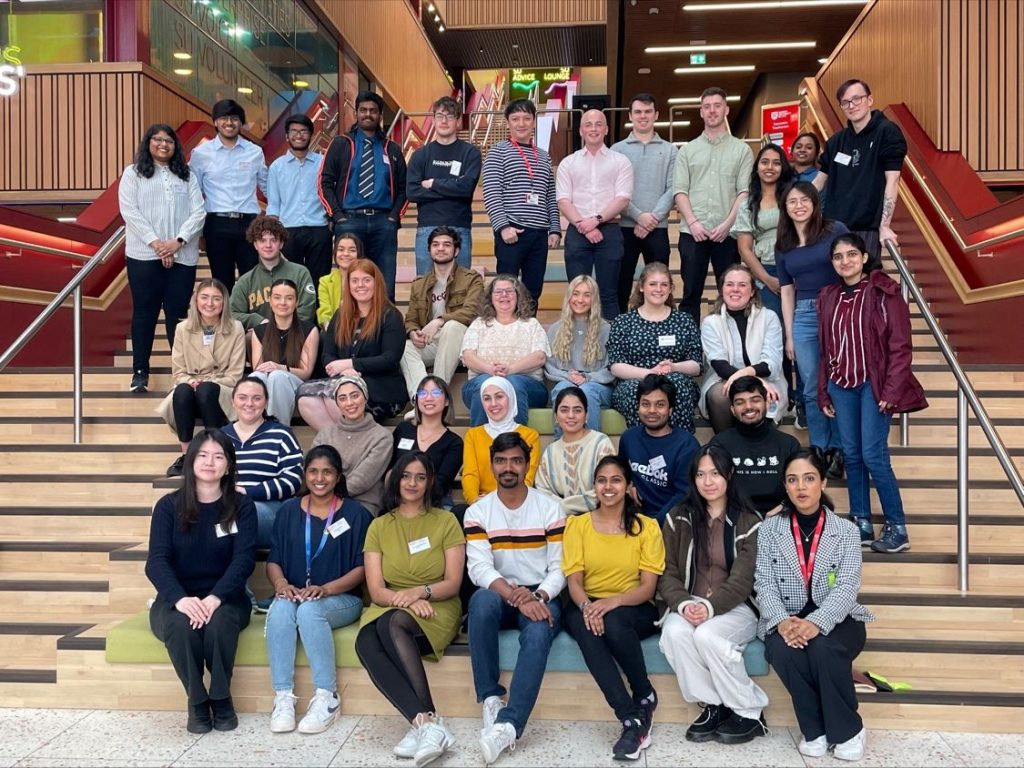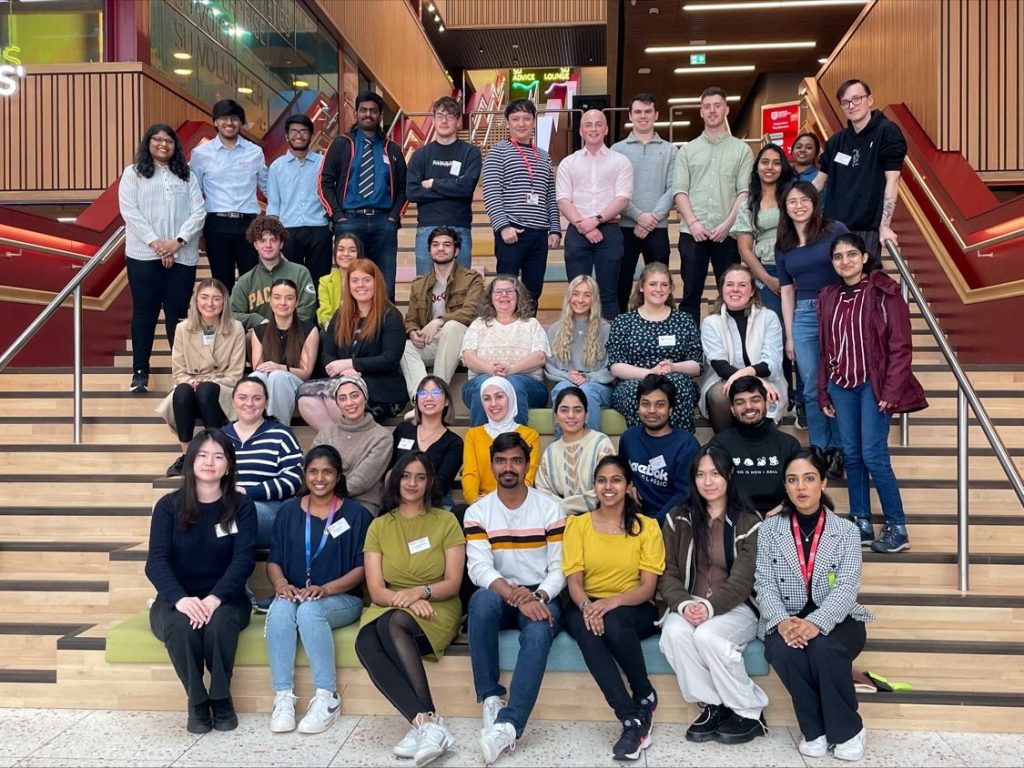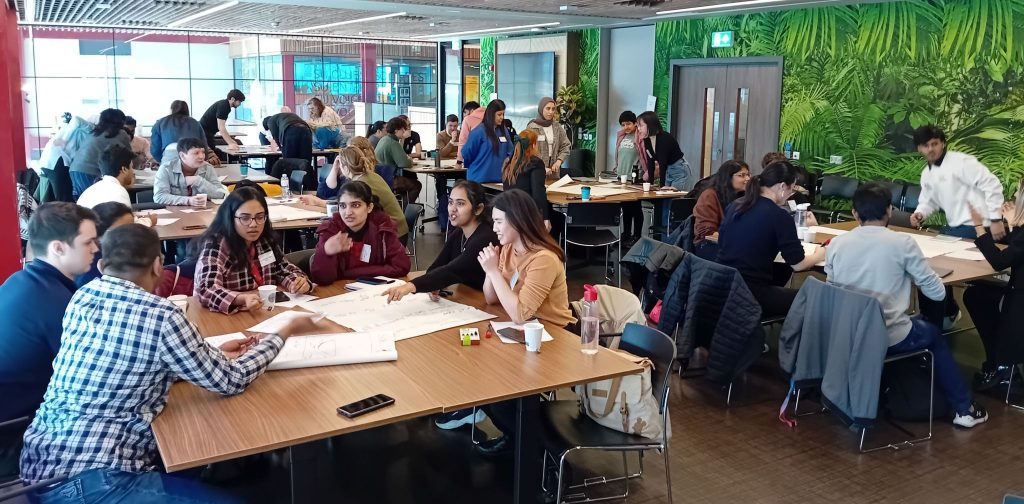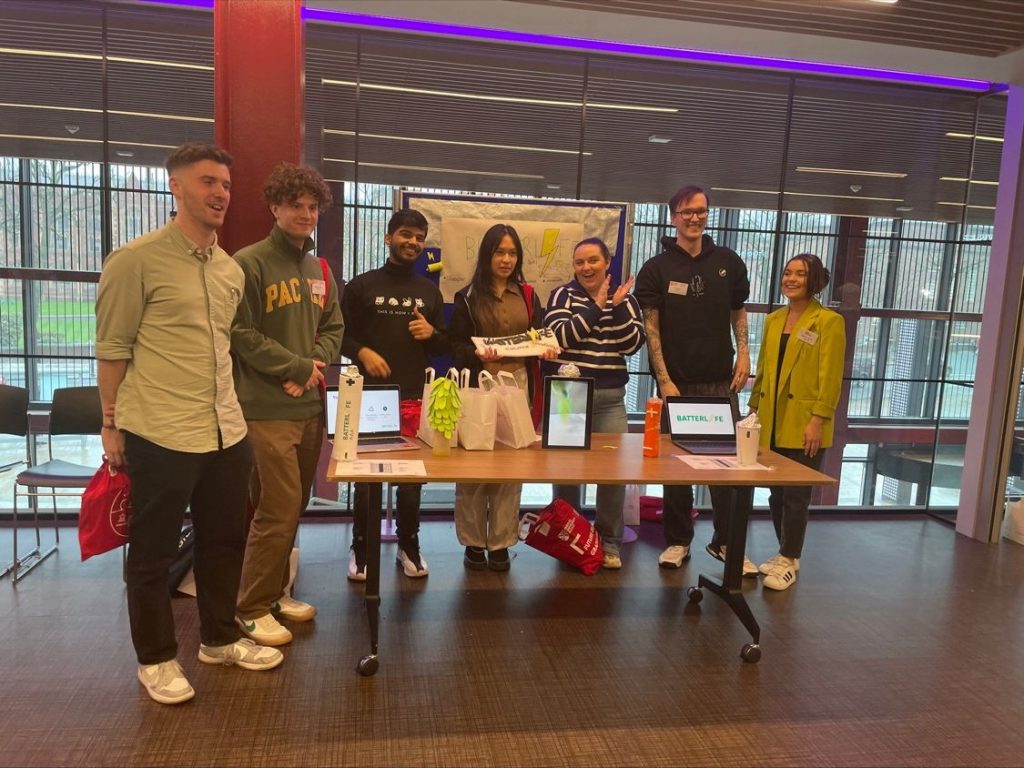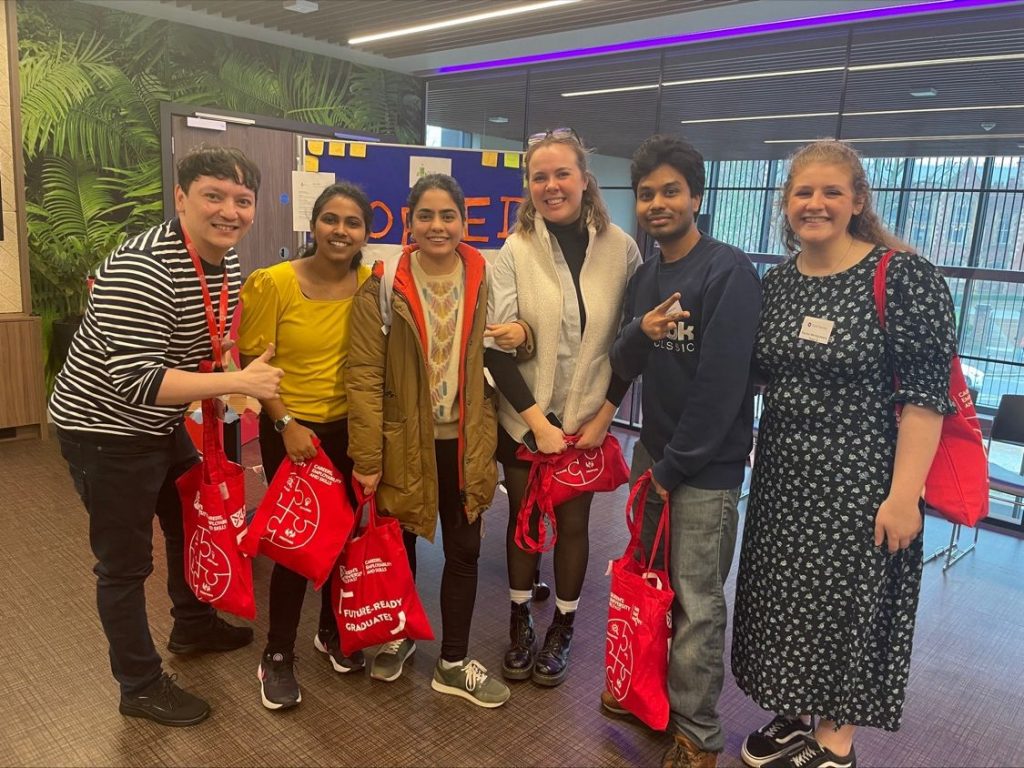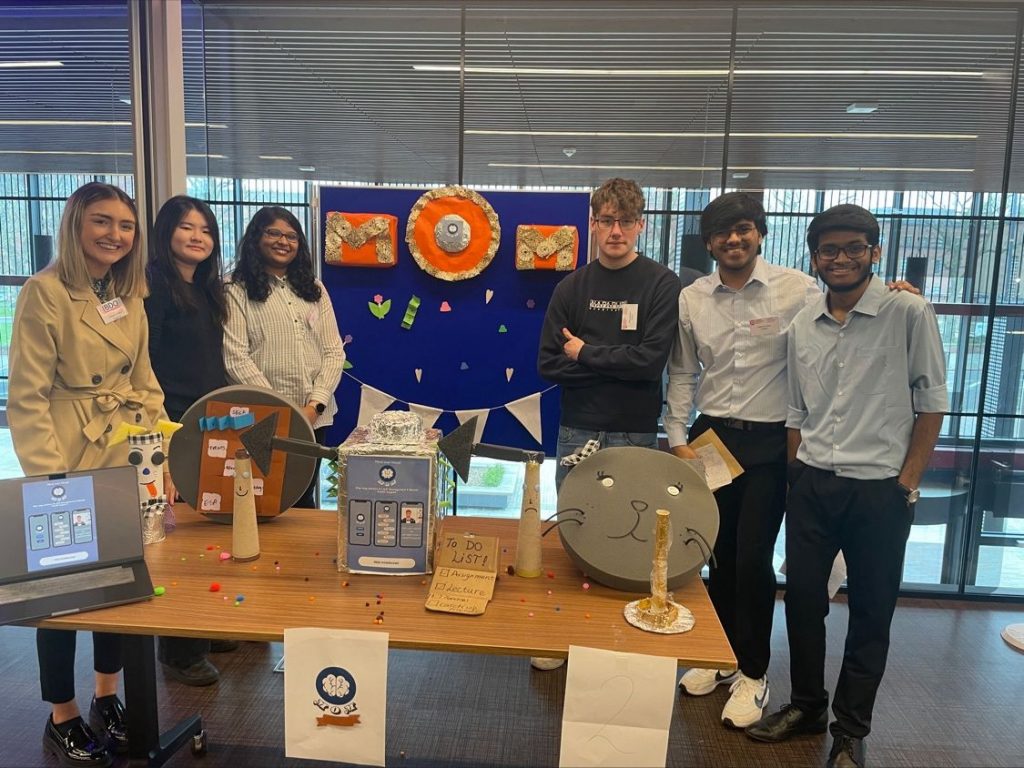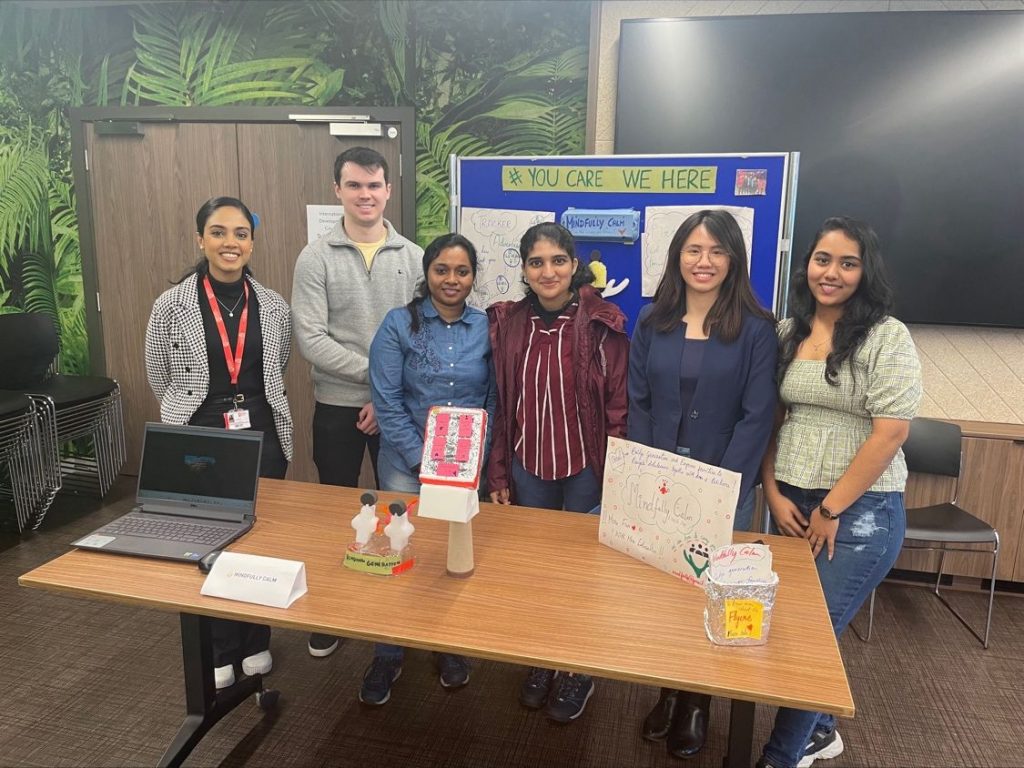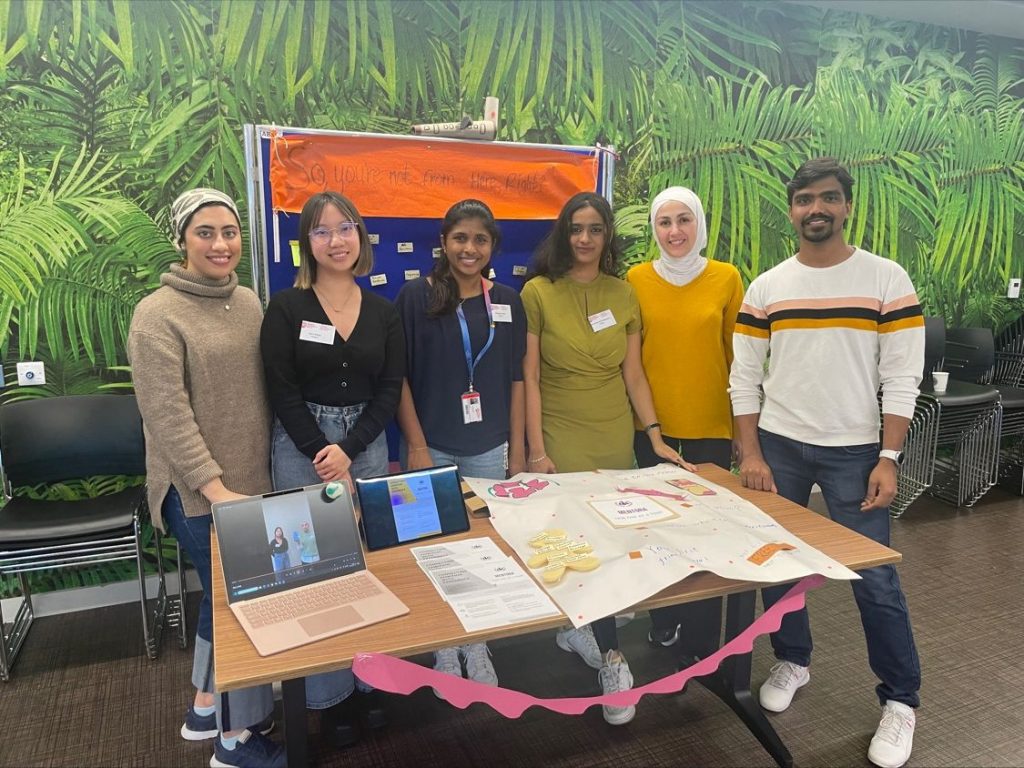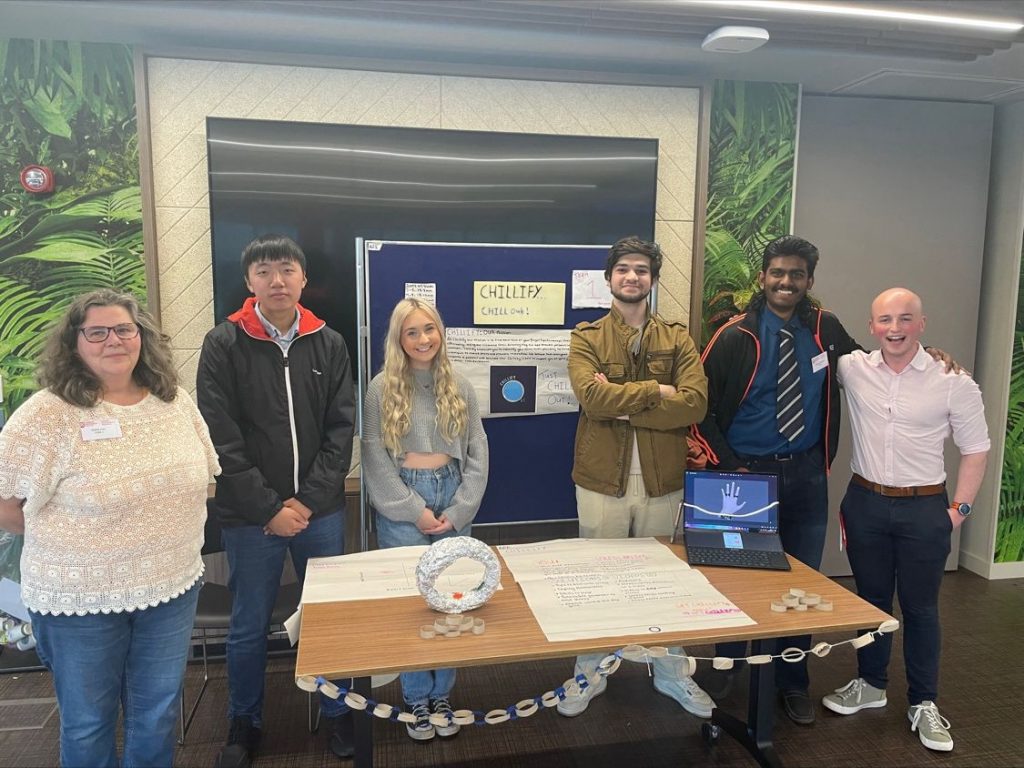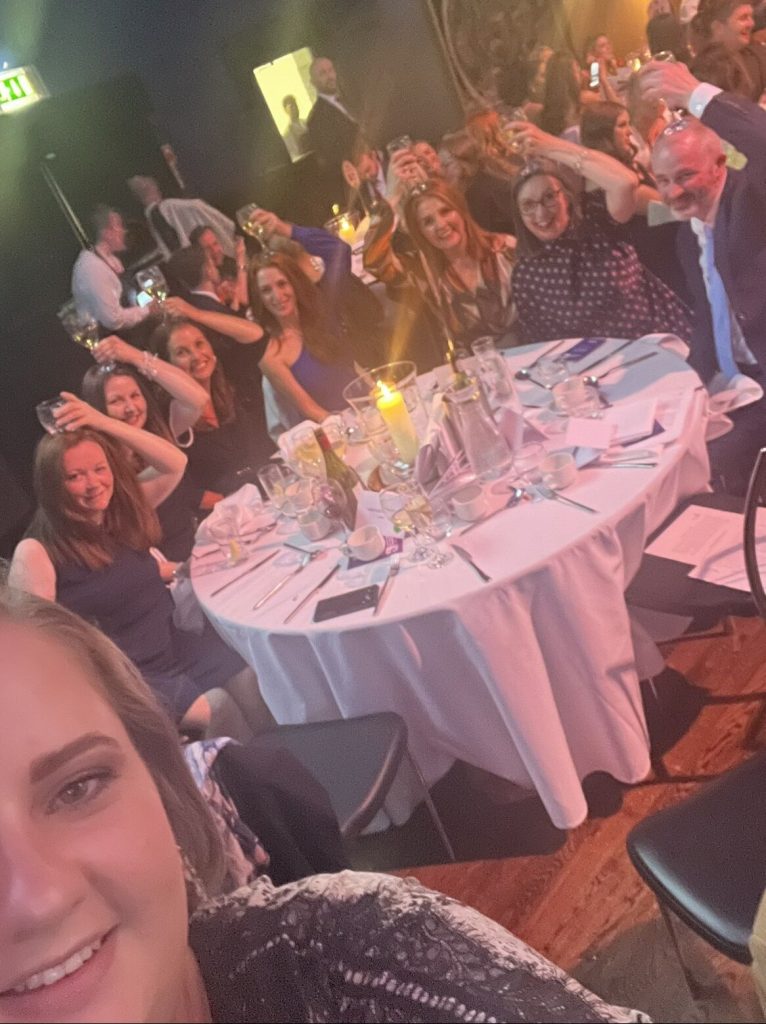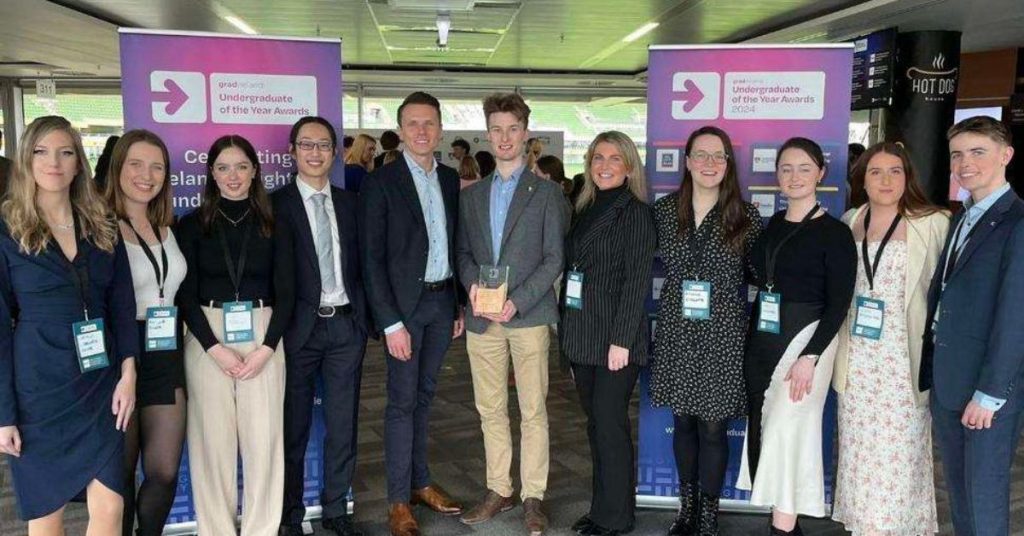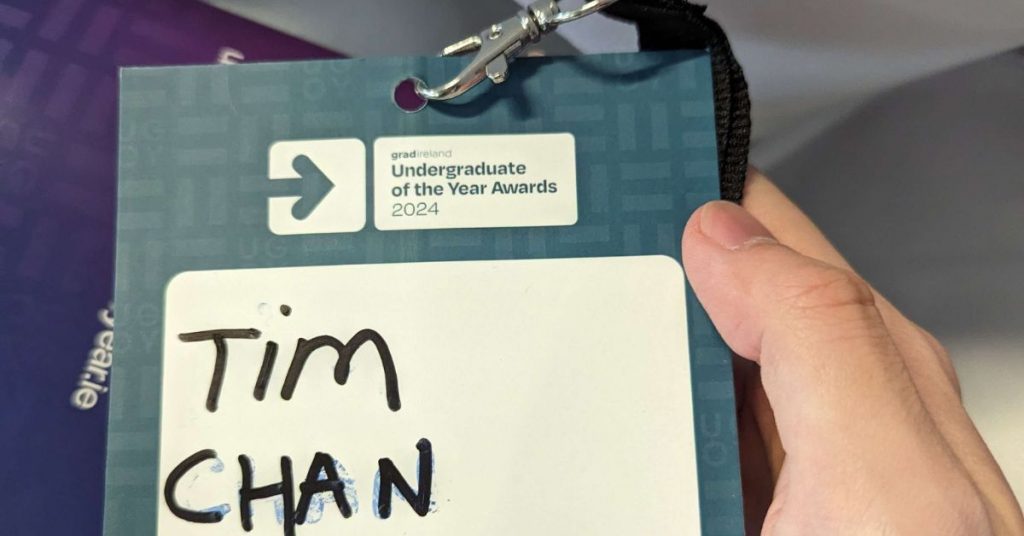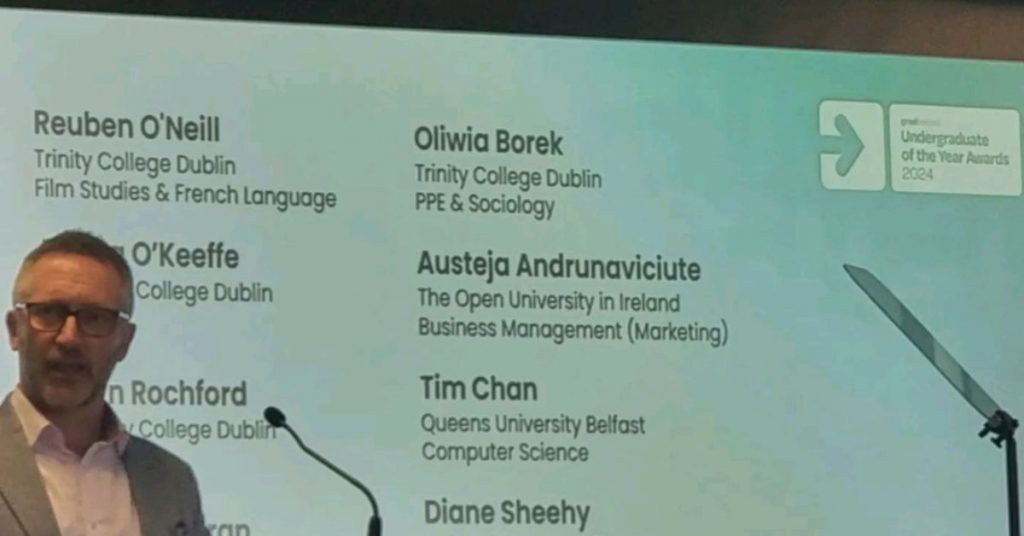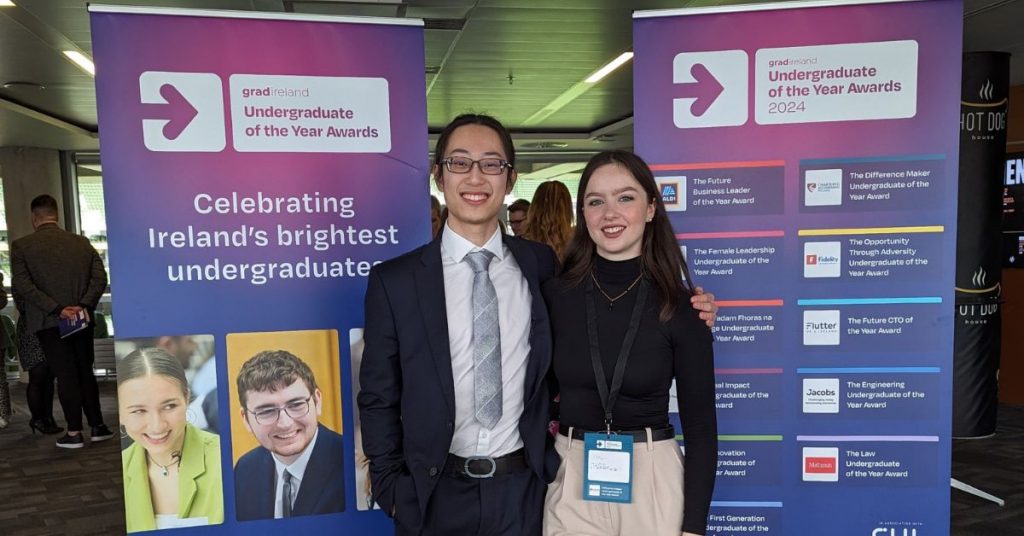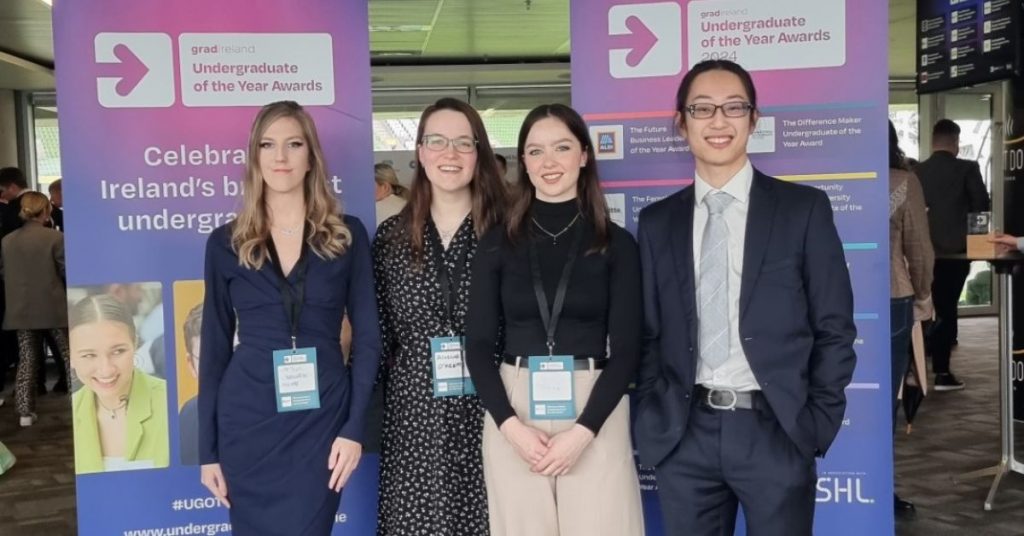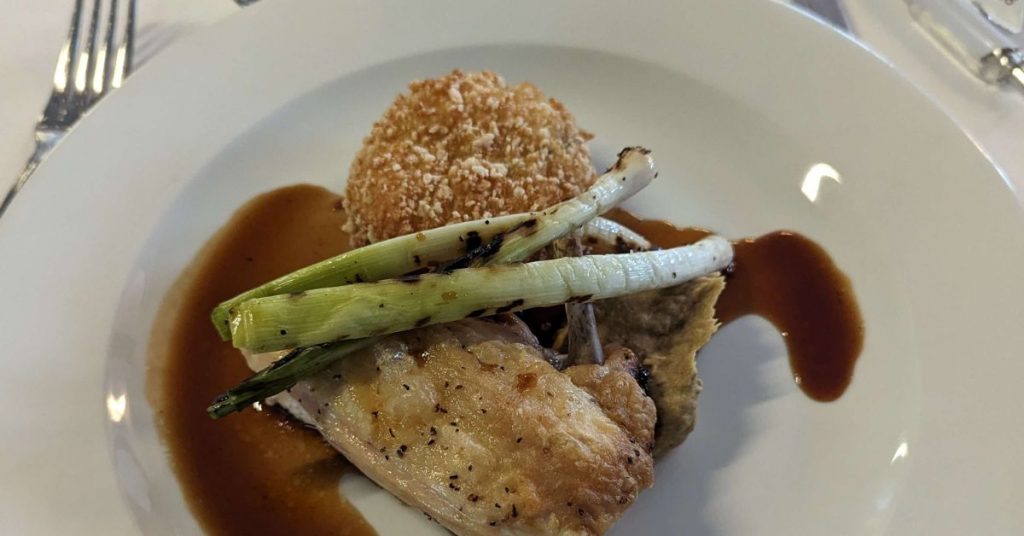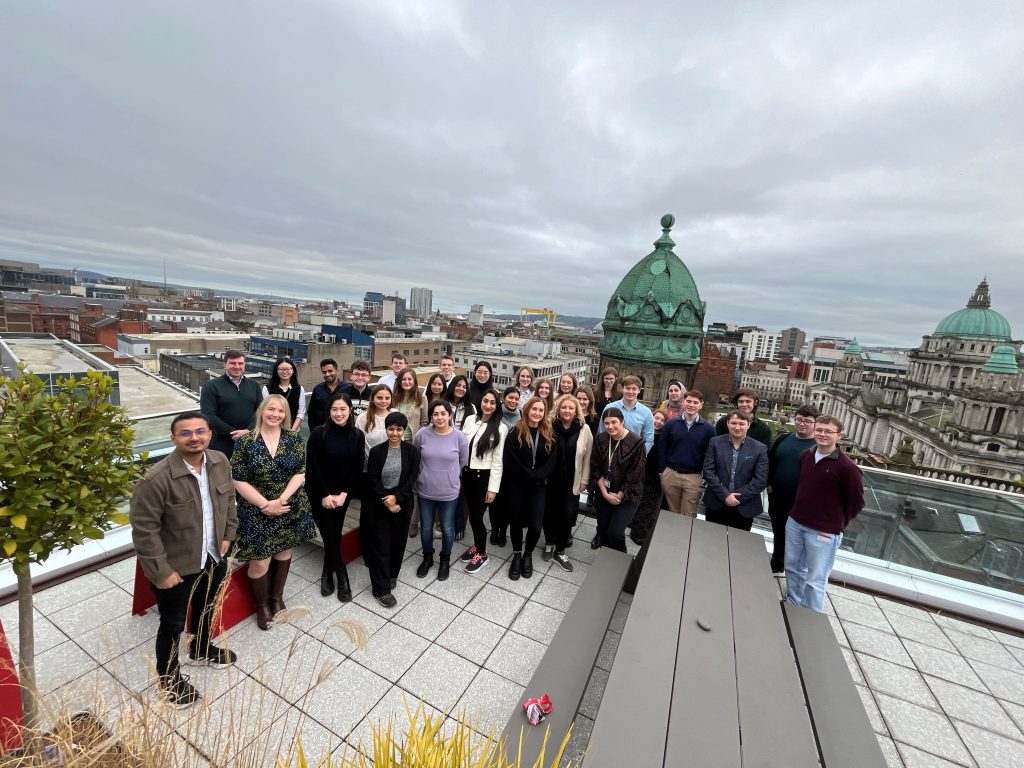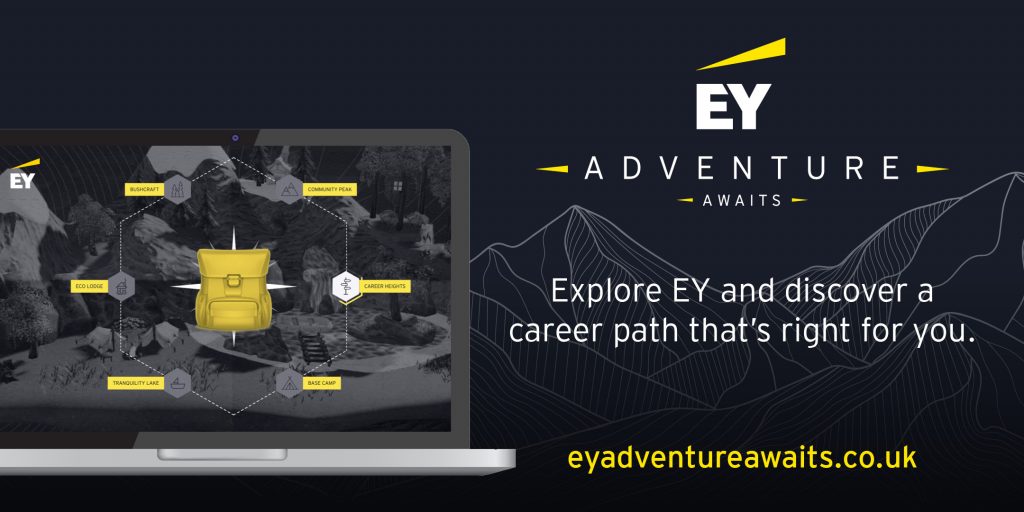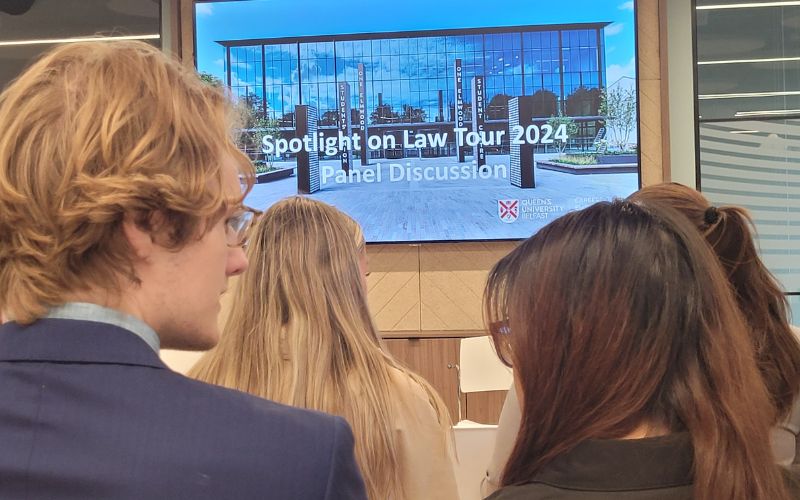
Our popular Spotlight On Law programme made a return in semester 2 of 2024.
Comprising two-days of in-person workplace visits to local and global law firms based in Belfast, the programme gave students an opportunity to:
- Take part in case studies, workshops, panels and legal skills sessions
- Hear from barristers and solicitors from a variety of practice areas
- Get tips from recruiters on getting hired by a top law firm
- Practical career knowledge on internships, placements, vacation schemes and training contracts.
- Gain a Future-Ready Award.
The programme participants were a mix of Queen’s University Belfast Law students and students from other disciplines within Queen’s. They visited a number of Law firms during the programmes including, A&L Goodbody LLP, Tughans LLP, Fieldfisher LLP, Lewis Silkin, and Factor.
After the Law firm visits, the programme culminated with a Panel Event and Networking Session at One Elmwood, where students heard from more experts across the legal field who gave insights into their own career journeys, including, Arthur Cox NI, Departmental Solicitors Office, Herbert Smith Freehills, The Law Society of Northern Ireland of NI, Phoenix Law (Human Rights Lawyers), and TLT LLP.
The networking that followed provided a good opportunity for our students to connect with numerous law firms and potential employers, including TLT LLP, A&L Goodbody LLP, Phoenix Law, Arthur Cox, the Departmental Solicitors Office, and Fieldfisher.
A massive thank you to our partners at Queen’s School of Law and to all the employer partners and our students who made this year’s tour a resounding success. We are already looking forward to 2025’s programme.
Below is some feedback from students who participated in the tour.
What an incredible start to the 2024 Careers in Law Insight Programme! A heartfelt thank you to everyone at A&L Goodbody LLP for hosting us today. The session on commercial awareness and the firm’s CSR initiatives was not only informative but truly inspiring. It was also a pleasure to meet and learn from Queen’s Careers staff, Terry O’ Hanlon, Phil Wren, and Mark Gallagher. Your dedication to fostering student employability and skills development is evident and greatly appreciated.
Rushikesh Ravindra, Queen’s Law and Technology student
A special thanks to Queen’s Careers staff Terry O’ Hanlon, Mark Gallagher and Phil Wren for putting this tour together, it has made a massive impact on my decision to enter the law industry. As a student from outside the school of law, I cannot recommend this tour enough if you are considering a career in the legal industry. This tour has opened my eyes on the opportunities available to me as a non-law student.
Jake Dodds, Queen’s History Undergraduate
The tour closed with a panel event and networking session at the QUB One Elmwood building, where we had the privilege of learning from some key members of the legal landscape in Belfast, each offering a unique and invaluable perspective on the journey into a career in law.
Rebecca Carlin, Queen’s LLB Law student
